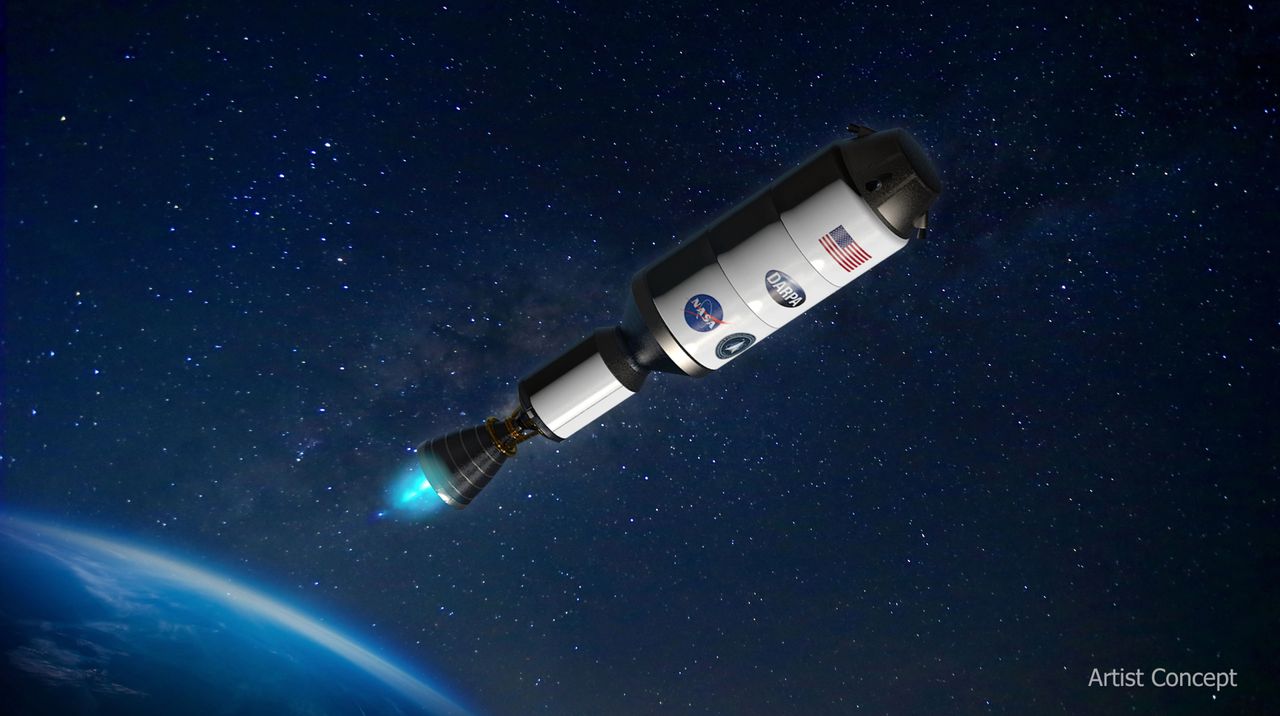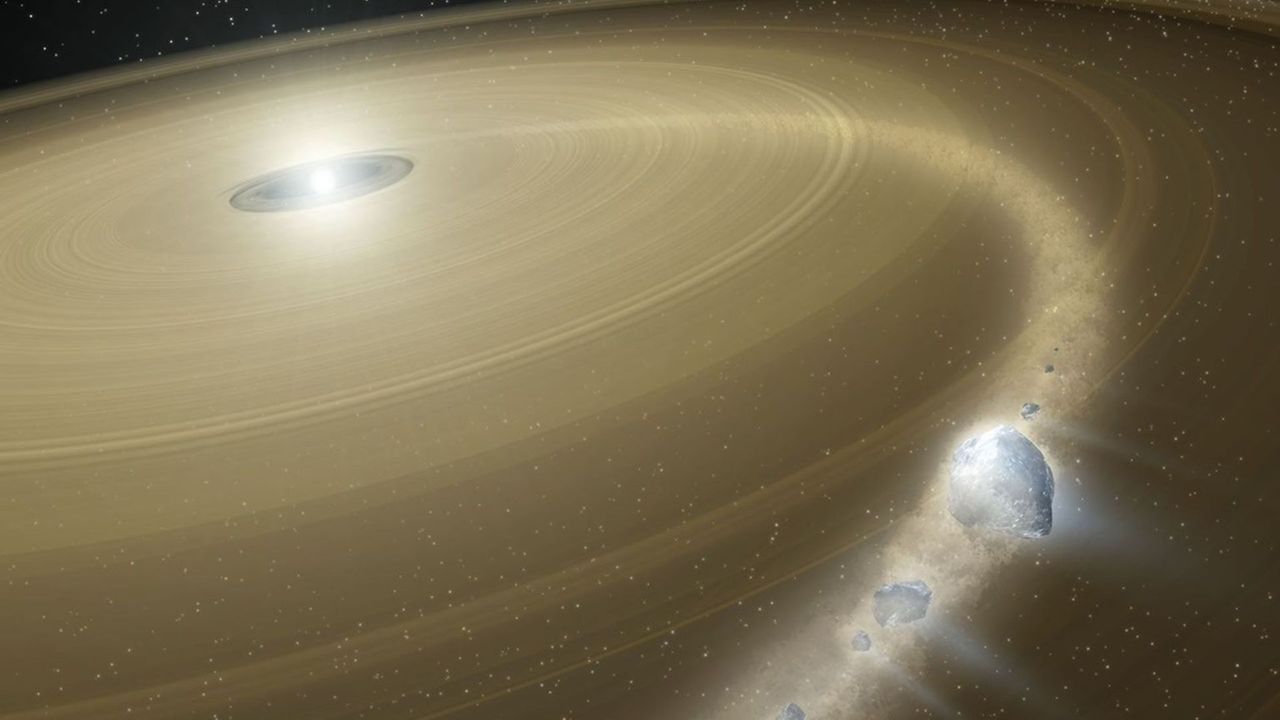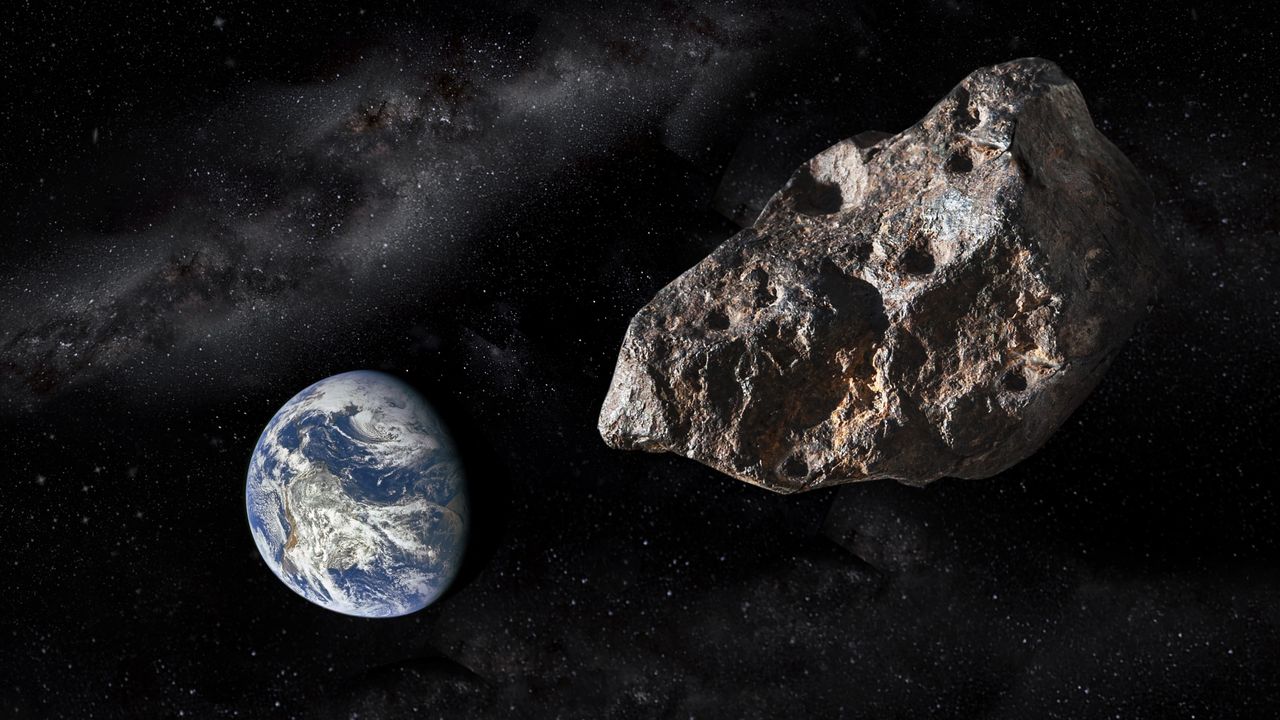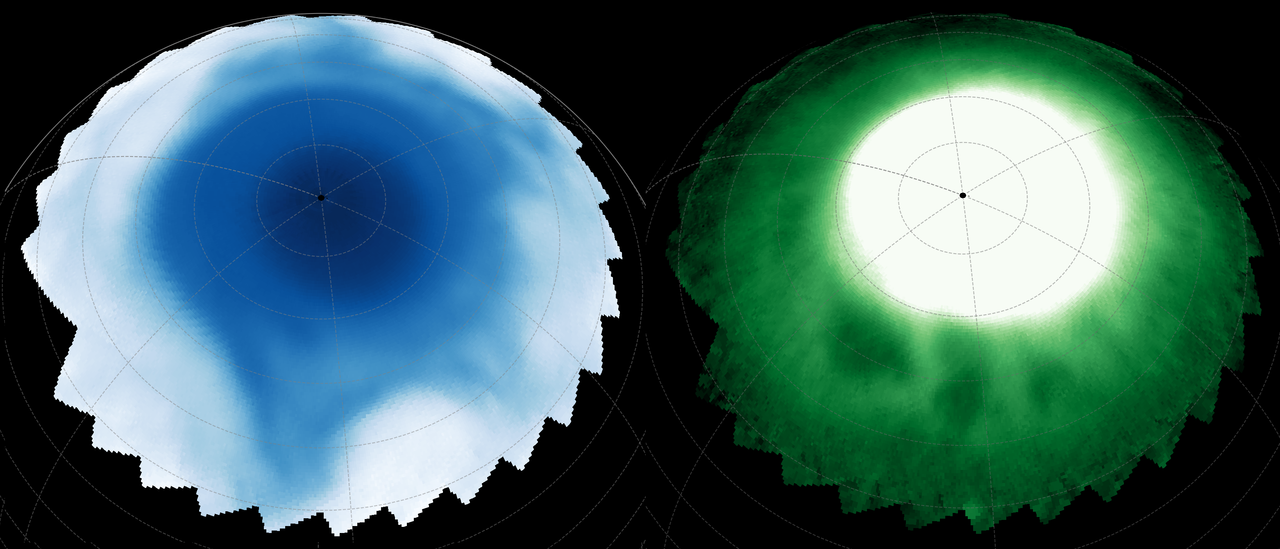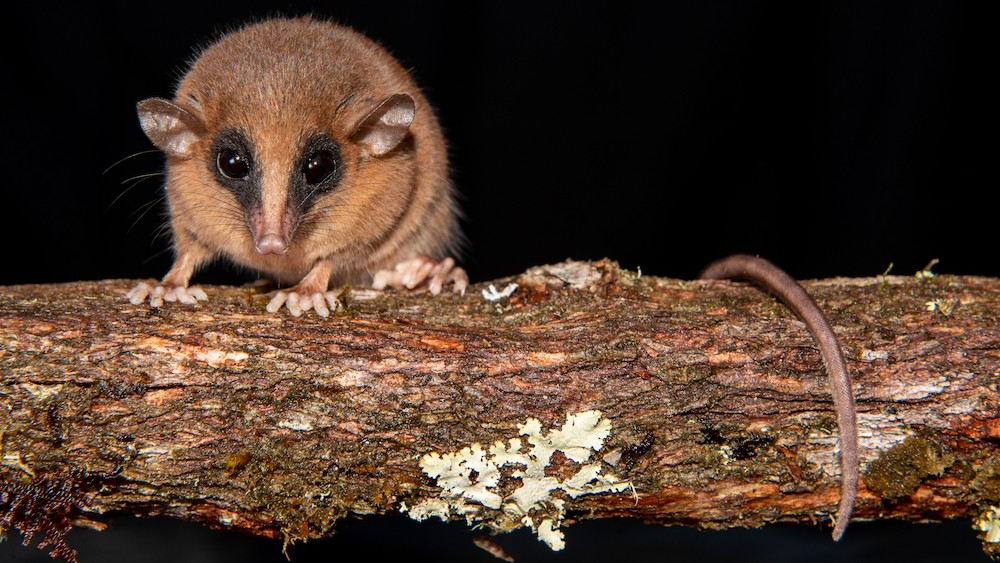Weird glass in Australia appears to be from giant asteroid impact — but scientists 'yet to locate the crater'
NeutralScience
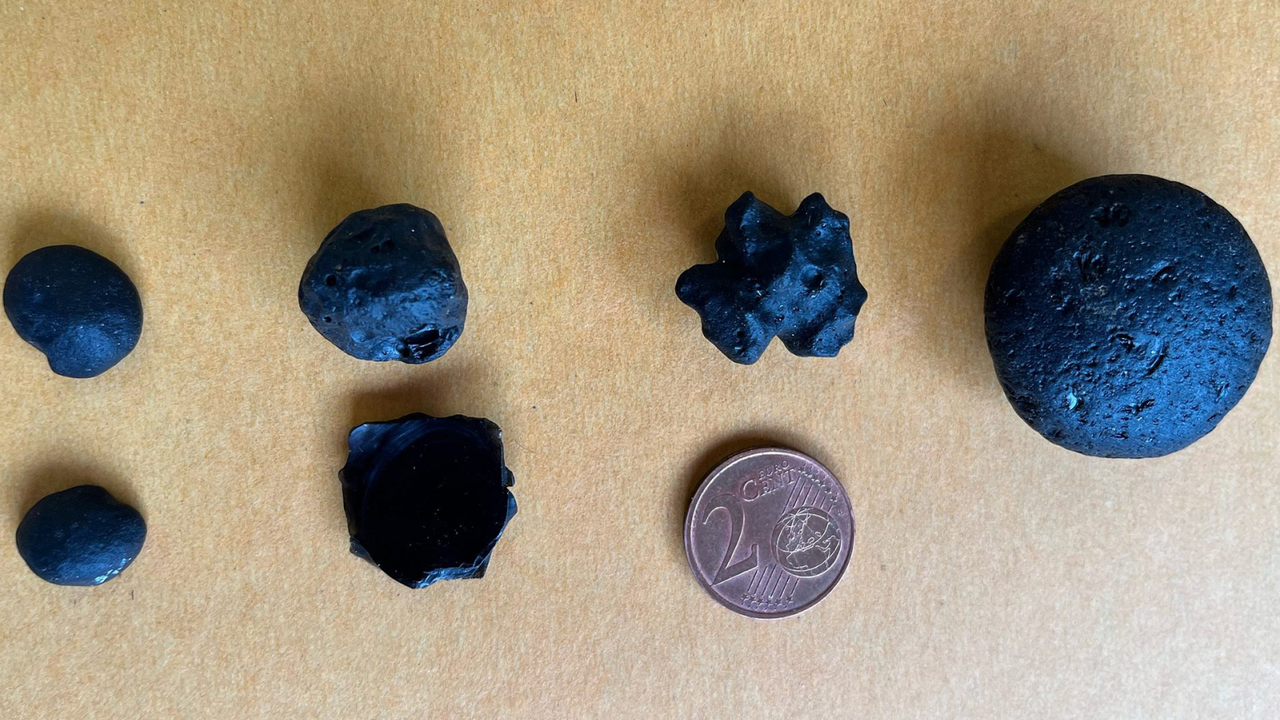
Scientists have discovered unusual glass scattered across southern Australia, believed to be the result of a giant asteroid impact that occurred 11 million years ago. This finding is significant as it could provide insights into the Earth's geological history and the effects of such impacts on our planet. However, researchers are still working to locate the actual crater from this ancient event, which adds an element of mystery to the discovery.
— Curated by the World Pulse Now AI Editorial System
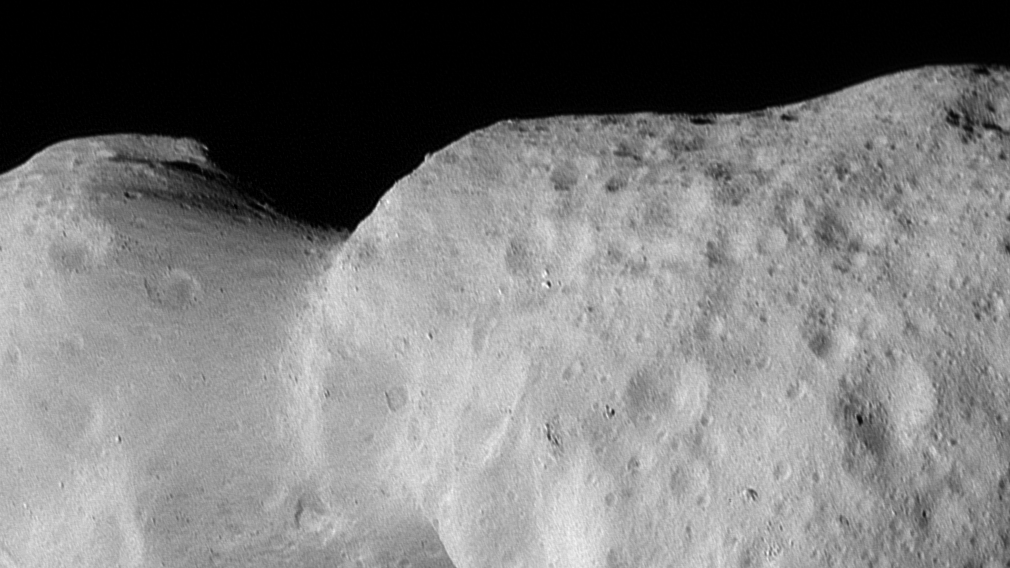
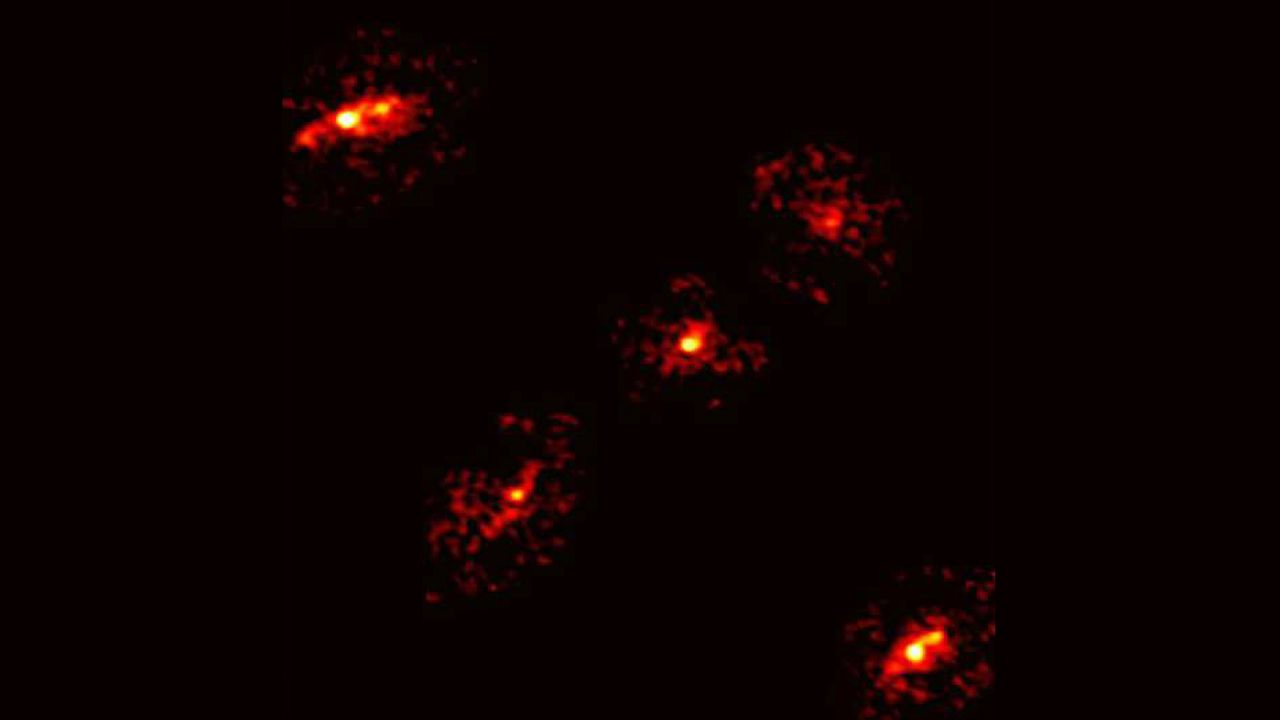
/https://tf-cmsv2-smithsonianmag-media.s3.amazonaws.com/filer_public/df/36/df36577b-9bda-4d06-a09a-1bba368f72fe/gettyimages-494325112_web.jpg)
